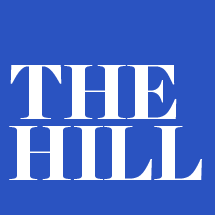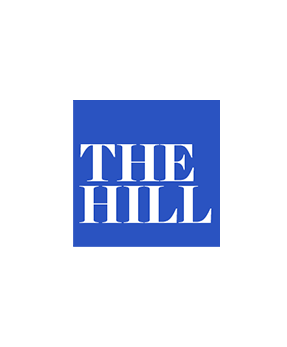
(This post originally appeared on The Hill)
The media has been full of stories about celebrity-owned companies that received Paycheck Protection Loans. Do you think this is right?
Do you think it’s right that a company owned by Tom Brady, who is reportedly the second highest paid NFL player in history, received almost a million dollars? Or that the famous Napa Valley restaurant Fresh Laundry received a $2.4 million loan? Is it ethical that dozens of charitable foundations – such as San Francisco-based Walt Disney Family Foundation and New York-based Robert Mapplethorpe Foundation, each with hundreds of millions in assets – were able to get PPP loans? Or that pastor Joel Osteen‘s famous Lakewood Church in Houston got a $4.4 million loan?
It doesn’t really matter. Nor does it matter that organizations affiliated with Kanye West, Guns N’ Roses, The Eagles and Pearl Jam also got loans. Or that the Church of Scientology, the Ayn Rand Institute and companies that included shareholders like Nancy Pelosi’s husband and Mitch McConnell’s wife got funding.
OK, I’ll admit that Ayn Rand – who once said that “government ‘help’ to business is just as disastrous as government persecution” and that “the only way a government can be of service to national prosperity is by keeping its hands off” – may be turning over in her grave. But as for the rest…good for them. Good for all of them.
The fact is that these loans were pretty much available to any business – and yes religious institutions and charitable foundations are businesses – that had fewer than 500 employees. Unlike the discussions surrounding another round of PPP, there was no hard requirement to show that a business was “affected” by Covid. The money was there, and all of these people had their reasons for applying.
Take Joel Osteen, for example. He didn’t put the money in his pocket. He put it in his business.
“Lakewood suspended its in-person services for more than seven months (March 15th though October 18, 2020), impacting its ability to collect substantial donations during those services,” a spokesman for his church said in a statement. “Believing the shutdown would only last a few weeks, Lakewood did not initially accept PPP assistance during the first half of the program. However, as the shutdown persisted month after month, given the economic uncertainty, Lakewood finally applied for the PPP loan and has been able to provide full salaries and benefits including health insurance coverage to all of its employees and their families.”
Osteen’s church has 321 employees who – along with their families – rely on this income for their livelihoods. He got that loan to keep them employed.
You could make the argument that Osteen, Kanye (or is it just Ye? I always forget), Tom Brady and Thomas Keller, who owns the French Laundry, didn’t “need” those loans. They’ve got millions in the bank, right? Why not just dip into their endless savings and cover all the expenses of their businesses, including payroll? Maybe they could. But why should they? Who are you and I to tell someone else what to do with their money? It’s really none of our business.
Besides, the funds were legally available from the federal government. There was no fraud. The rules were followed. Those celebrities and the businesses they own also pay their taxes. In fact, they’ve likely paid a lot more taxes than the rest of us. And they surely didn’t take this money out of the hands of a more deserving business owner because – fun fact – the PPP program closed with more than $138 billion still left over!
What doesn’t get much attention is that millions of small businesses received PPP money that also wound up not really needing it. I have many clients who found themselves in that situation. They applied for the funds back in the spring when things were really uncertain. They took the money. The used it to cover payroll and rent. They’re applying for forgiveness. And yet – unless they were in the restaurant, retail or a few other industries hardest hit by the pandemic – they still wound up having a decent financial year.
That’s because even in this unprecedented recession, they aren’t doing so bad at all. If you don’t believe that, then why else would small business confidence still be at historic highs? These business owners sold more online, pivoted to new product lines or simply did what they were doing before, except from their home offices. But – like Osteen and the rest – they also took the government’s money. You don’t read about these people. But aren’t they just as culpable as the celebrities you do read about?
No, they’re not either. They’re just plain old businesspeople taking legal advantage of a government benefit — just like we all do when we take advantage of new tax rules, zoning regulations, consulting from the Small Business Administration, urban zone incentives and infrastructure programs. The common narrative is to point a finger at the wealthy entrepreneurial class and say, “you’re taking money from the working people.” No, they’re not. By being wealthy and entrepreneurial – and with the help of the government – they’re actually just keeping the working people working. The hope is that some of those working people will one day become wealthy and entrepreneurial themselves.
Even Ayn Rand once said that “the ladder of success is best climbed by stepping on the rungs of opportunity.” Hmm…maybe she’s not turning over in her grave after all.

